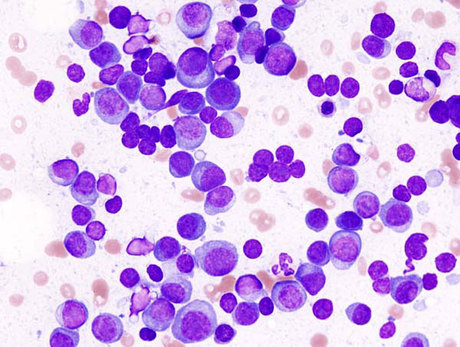Patrys (ASX:PAB) hits myeloma trial milestone

Patrys (ASX:PAB) has reached a dosing milestone in its German phase I/IIa trial of lead antibody PAT-SM6 in multiple myeloma.
The company has completed initial dosing for the first group of three patients. This cohort has each received four doses of the treatment candidate with no significant safety or tolerability issues reported to date.
Patrys now expects to be able to provide full data from these three patients in the first quarter of 2013.
Under the trial design, if patients show a partial response to PAT-SM6, they will be offered an additional treatment cycle of two doses.
The study, being conducted at the University Hospital of Würzburg, got the go-ahead from German health authorities in September.
The approved trial design involves 12 patients with multiple myeloma, who have failed all currently approved treatments and have a very poor prognosis.
The open-label trial's primary goal is to evaluate the safety and tolerability of escalating doses of PAT-SM6, but a secondary objective is measuring effectiveness.
PAT-SM6 is a natural human antibody with potential anti-cancer properties. While the candidate has been found to bind to a wide range of tumour types in lab studies, it has shown particular promise in multiple myeloma and in melanoma.
Patrys last month received ethics approval to add an Australian arm to the multiple myeloma trial. The company has now completed a separate stage I trial of PAT-SM6 in Melanoma.
Patrys (ASX:PAB) shares were trading 10.4% lower at 3.4c as of around 3pm on Monday. However, the price has been trending upwards since mid-November.
Mini lung organoids could help test new treatments
Scientists have developed a simple method for automated the manufacturing of lung organoids...
Clogged 'drains' in the brain an early sign of Alzheimer’s
'Drains' in the brain, responsible for clearing toxic waste in the organ, tend to get...
World's oldest known RNA extracted from woolly mammoth
The RNA sequences are understood to be the oldest ever recovered, coming from mammoth tissue...



